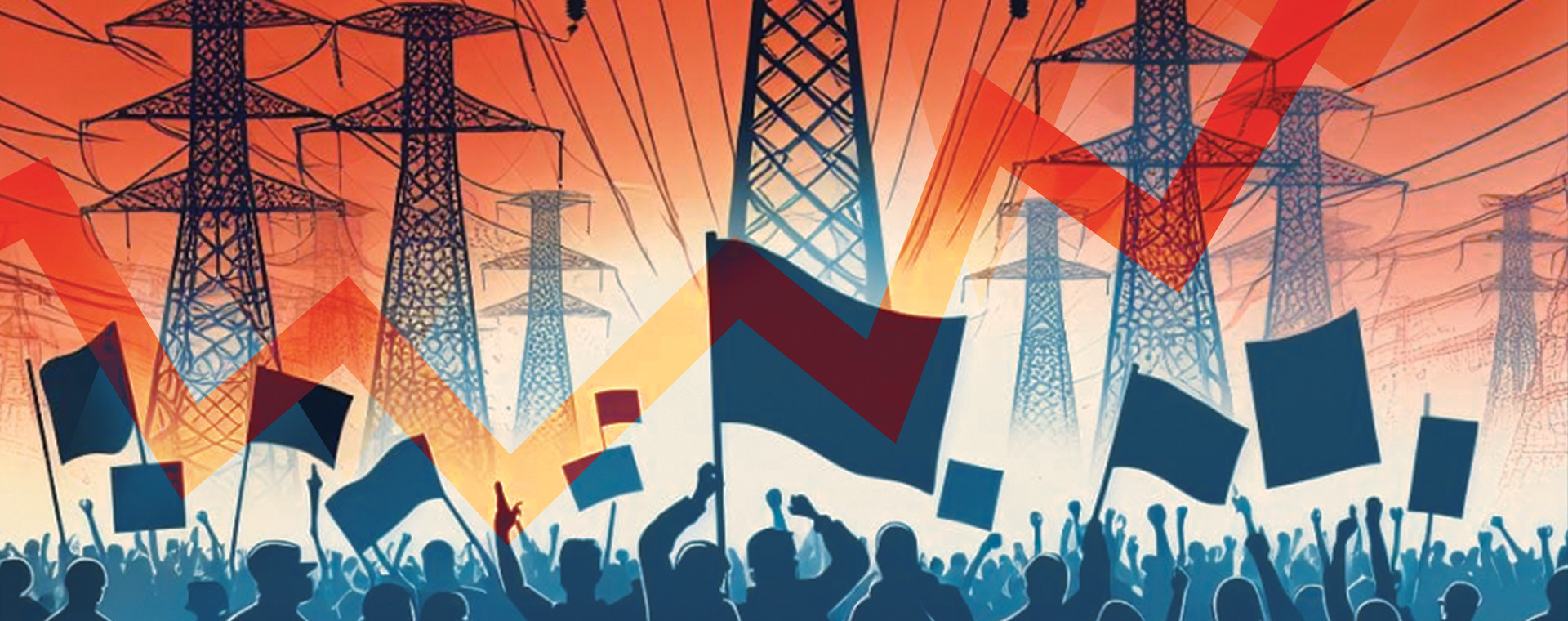Dog in Government Vehicle Sparks Outrage Amid AJK Protests
In Azad Jammu and Kashmir (AJK), public outrage has been sparked by incidents highlighting the misuse of government resources and the lavish lifestyles of the elite, against a backdrop of economic hardship faced by the general populace. A recent incident involving a government vehicle used to transport a well-groomed dog, and the decision to purchase a luxury car for the AJK President worth over Rs100 million, have fueled discontent among the masses. This comes amid violent protests driven by demands for basic amenities like subsidized electricity and wheat flour, and a call to end elite privileges.
The protests, which initially focused on subsidies for wheat and electricity, have exposed deeper issues of neglect and mismanagement by both the AJK and federal governments. Despite the AJK government’s agreement with protestors to implement subsidies, tensions escalated, leading to clashes and the intervention of Prime Minister Shehbaz Sharif, who announced a subsidy of Rs23 billion to address the immediate grievances. However, this move has drawn scrutiny from the International Monetary Fund (IMF) amid Pakistan’s financial crisis.
The situation in AJK has sparked a broader discussion on governance, with critics pointing to the misuse of tax exemptions and subsidies in strategic areas like AJK, Gilgit-Baltistan, and others. Experts argue that such policies create economic imbalances and benefit the elite at the expense of the general public. The recent protests in AJK, driven by grassroots efforts and not aligned with any political party, signal a growing demand for accountability and equitable treatment across Pakistan.
This unrest in AJK serves as a reminder of the challenges facing Pakistan in terms of governance, economic policy, and the need for a more equitable distribution of resources. The government’s response to the crisis, while temporarily quelling the protests, has raised questions about long-term solutions to the underlying issues of economic disparity and public sector corruption.

